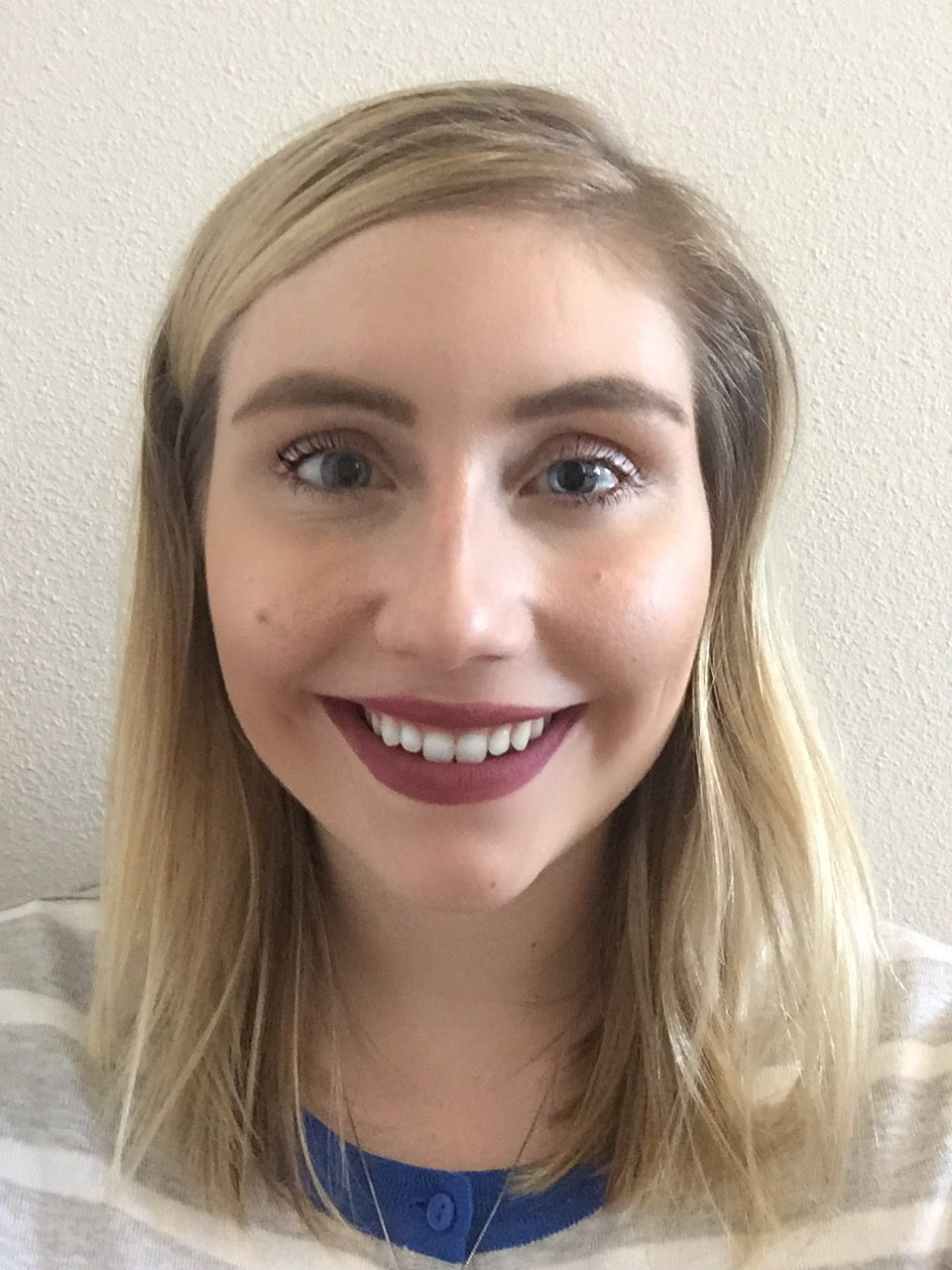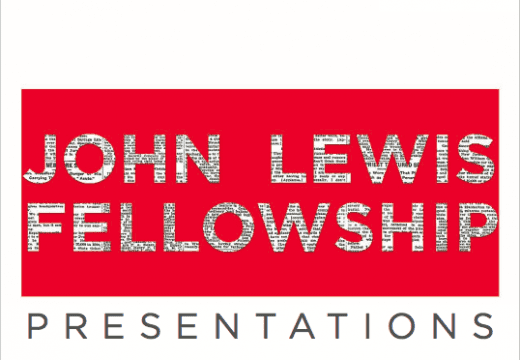Details
Article
An Ode to My White Progressive Anti-Racist Friends
And My Fellow Soldiers in the Revolution for Black Liberation
It is categorically easier to be white in America than any other racial identity.
If a cashier is rude to me at a grocery store, I know that it is not because of my race. If I get pulled over by a police officer, I don’t worry that I will get shot while handing the officer my license. If I am insulted by someone in my life, I am certain it is not on the basis of my racial identity. When I turn on the TV I am able to see actors that resemble my appearance and actors that I can relate to. When I interview for a job I know that neither my intelligence nor my integrity is questioned because of the color of my skin. When I open a history book I come face to face with facts and stories of my ancestors that are painted as heroes and adventurers. These examples amount to just a fraction of the foundation of my white privilege. It is not because I earned any of these privileges but rather that they were given to me upon my birth. It is not my fault that I have these privileges but they are my responsibility. As an anti-racist white ally of people of color it is my responsibility to be accountable for my privilege in a way that helps fight racism, be it unconscious or conscious, throughout the white community. To not do so is at best a disservice to the legacy of the suffering that black people have experienced in America and at worst another form of violence against black Americans.
As an anti-racist white ally of people of color it is my responsibility to be accountable for my privilege in a way that helps fight racism, be it unconscious or conscious, throughout the white community.
When you’re white in America it is convenient to think the black liberation movement is something distinct and separate from white participation, and in many ways it is, but that does not mean we as white people are not needed or wanted in the movement at least in some way. One way we can demonstrate our solidarity and further the black liberation revolution is through developing complementary organizations to black liberation organizations such as such as Showing Up For Racial Justice (SURJ), which complements Black Lives Matter. These anti- racist white organizations, work in conjunction with, and separately from, black organizational movements. The reason is to maintain safe spaces for black leadership. So often the black expression is negatively impacted by the white gaze in the room and complementary organizations mitigate this concern. It is our responsibility as anti-racist white comrades to understand that no matter our good intentions or our sympathetic attitude when talking about black oppression and black liberation white comrades need to leave that space up to black communities. White supremacy has suppressed black voices and black leadership long enough and we must acknowledge that as well.
I don’t want my participation to become another hurdle for the black community to leap over.
Before this fellowship I would describe myself as sympathetic to the Black Lives Matter cause but also as hesitant to share my views or introduce my opinions even if they were aligned with the Black Lives Matter mission. I didn’t want to overstep my boundaries and be viewed as part of the “white savior” complex (1). I thought ‘they – meaning the black community – don’t want my voice or my participation.’ I thought that my voice will only distract from the movement and once again make something that was meant for black liberation to become something about the white person saving the black person from oppression (i.e. how President Abe Lincoln gets to take all the credit for the Emancipation Proclamation despite the direct involvement from Fredrick Douglass and countless other black emancipators.) I don’t want the conversation to be once again regarded as another affirmation to make the white community feel good about themselves. I don’t want my participation to become another hurdle for the black community to leap over.
I will probably always face some nervousness or hesitation when addressing racial injustice – nervousness about saying the wrong thing, or speaking at the wrong time, or committing a micro-aggression that makes the day harder for any black colleagues or friends in the room. You can call this white guilt or white fragility or the like but I think many anti-racist, progressive white allies face the same fears and hesitation. Not because we want the conversation to be about us but because we genuinely are devastated that the black community faces continual dismissal, suspicion, exclusion, pity, aggression, violence, and death by the hands of the white community. We, as progressive open-minded white allies, know this is not what we want to stand for and it hurts us (albeit in a very different, peripheral way) to know that it is at the hand of the white community that all this tragedy happened:
Regardless of whether our white families and ancestors were colonizers or not or segregationists or not, anti-black racism and violence is a problem we have both inherited and perpetuated, whether we knew or not, and whether we intended to or not
1) that black people were stolen from their countries, raped, killed, maimed, abused, forced into labor; 2) then segregated, murdered, lynched, made to feel invisible, useless, and less than human; 3) then left to perform menial jobs, which forced large populations to earn money through non-legal ways, incarcerated for life long sentences for drug use and possession of drugs; and finally 4) on top of that now the white community has the audacity to say that racism is dead, that slavery wasn’t that bad, and black people need to get over it because Obama is president; 5) all whilst black men and women are killed nearly every day from unlawful use of deadly force at the hand of white police officers.
So regardless of whether our white families and ancestors were colonizers or not or segregationists or not, anti-black racism and violence is a problem we have both inherited and perpetuated, whether we knew or not, and whether we intended to or not. Thus, it makes it our problem. This means we have to work every day to solve it. We can no longer make excuses that we as individuals didn’t cause racism so we don’t have to engage with the issue to solve it. Violence and genocide is the legacy of white America and if we don’t work to change that who will?
Race and racism is so engrained in our worldview and the way we move through the world that it becomes hard to grapple with and confront.
Given this I think it is important to acknowledge that we as anti-racist white allies will make mistakes in the process along the way. And you may need to be patient with us, which I know is a lot to ask. Race and racism is so engrained in our worldview and the way we move through the world that it becomes hard to grapple with and confront. Even asking questions and trying to gain a better understanding can be interpreted or turn into a micro-aggression (2). This is where again, at least for me, participation in racial justice issues becomes difficult. White people don’t, necessarily, go back to our community and talk about race with our friends and families – because race is not something we need to talk about for our survival. So if we aren’t talking about it in our homes and we don’t learn about it in school, the only way we can get a better understanding is through asking questions and independent research. This is where the struggle comes in. When we cross the line or ask something inappropriate or don’t say the right thing in the right way, it isn’t because we are trying to be cruel, it is because we just don’t know. I know it’s another layer of burden to put the explanation of prejudice on the people that are oppressed, but in my mind, it is a necessary burden. If the reaction is to get mad – albeit a justified feeling and reaction – it will likely alienate the potential white ally. I can only imagine how frustrating it must be to be constantly facing racial oppression and injustice in your daily lives and then have to educate the oppressors at the end of the day. That being said, for now it may be a burden the black community might, at least in some part, may have to bear.
However, in collaboration I can assure you that this white ally will meet you half way so this burden doesn’t have to break you. I will ask you when it is appropriate to talk to you about these issues. I will respect the black space. I will go back to my white communities and educate them. I will align myself with organizations that support black liberation. I will mind my language as to monitor any micro-aggressions. I will check my privilege and positionality. I will go to police officers and tell them when they have violated the law. I will contact my representatives and call for the indictment of officers that killed, beat, or unlawfully detained people of color. I will support legislation that provides more funds, more resources, and more teachers to school districts in underrepresented communities. I will petition for TV networks to represent more people of color in positive ways. I will argue for the change of draconian drug laws in the United States that incarcerate black fathers and brothers and mothers and sisters while the same laws excuse white mothers and sisters and fathers and brothers. I will do all this not because I pity you. Not because I think you need to be saved by me because you can’t save yourselves. Not because I feel a sense of white guilt. Not because my god demands me to. Not in anticipation of glory or praise. I will do this because my life has been easy at the expense of yours. I will do this because by the virtue of the color of my skin I have privileges that I have not earned but were thrust upon me. I will do this because I want my black brothers and sisters to have as many opportunities as me. I will do this because I want to sit in a room with equal representations of all identities. I will do this because I need to be accountable for my own privileges. I will do this because it is the right thing to do.
I am your comrade in this revolution. I am here to fight for your liberation.
References:
- Cole, Teju. “The White-Savior Industrial Complex.” The Atlantic. The Atlantic, 12 Mar. 2012. Web. 27 July 2016.
- Pierce, Chester. “Psychiatric Problems of the Black Minority.” American Handbook of Psychiatry: The Foundations of Psychiatry. Ed. Silvano Arieti. 2nd ed. New York: Basic, 1974. 512-23. Print. Ser. 1


